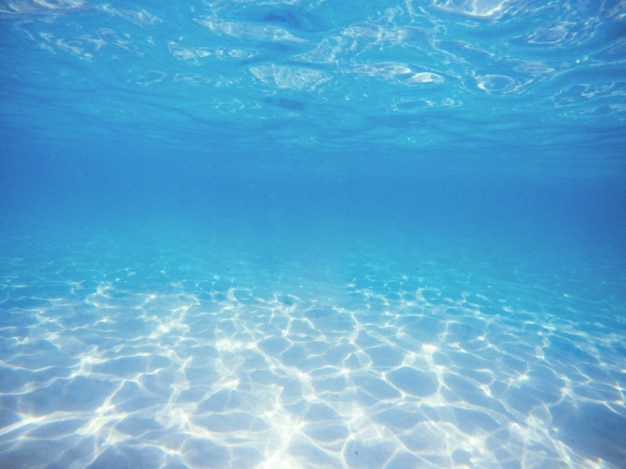By : Lloyd Mahachi
A groundbreaking discovery has shed light on the vast, unexplored wonders of South Africa’s marine ecosystem, where the Benguela and Agulhas currents converge. Three new species have been unearthed, captivating the scientific community and emphasizing the importance of continued marine exploration. These fascinating finds include the “walking sponge” (Suberites ambulodomos), a tiny clam (Brachiomya ducentiunus), and a rare parasitic isopod (Pseudionella pumulaensis).
According to Jannes Landschoff of The Conversation Africa, these tiny creatures play a vital role in maintaining the delicate balance of marine ecosystems. They form symbiotic relationships, contribute to nutrient cycling, and shed light on the intricate web of life beneath the waves. For instance, the “walking sponge” has unique mobility features, allowing it to move and capture food particles more efficiently. The tiny clam, on the other hand, has adapted to survive in environments with limited resources.
This remarkable discovery underscores the importance of continued marine exploration. With each new species identified, scientists edge closer to grasping the breathtaking diversity of oceanic life. This knowledge, in turn, informs critical conservation efforts aimed at protecting these fragile ecosystems. The discovery also highlights the significance of South Africa’s marine environment, shaped by the Benguela and Agulhas currents, which harbors an incredible array of life.
Globally, over 242,000 marine species have been described, but experts estimate that the actual number of unidentified living species in the oceans may exceed an astonishing one million. This staggering disparity highlights the vast uncharted territory remaining in marine research. The World Register of Marine Species (WoRMS) is working tirelessly to catalog and understand the complex relationships within marine ecosystems.
The discovery of these three new species serves as a compelling reminder of the urgent need for further exploration and study. As scientists continue to unravel the mysteries of the ocean, they unlock new avenues for conservation and sustainability. By uncovering and understanding the intricate relationships within these ecosystems, researchers can inform effective conservation strategies, identify new species with potential benefits for humanity, and advance our understanding of the ocean’s role in regulating the planet’s climate.
South Africa’s unique marine environment plays a critical role in global marine conservation. The country’s coastline spans over 3,000 kilometers, providing a diverse range of habitats for marine life to thrive. The discovery of these new species reinforces the importance of protecting these ecosystems and preserving the natural beauty of South Africa’s marine environment.
As scientists delve deeper into the uncharted waters of South Africa’s marine ecosystem, they may uncover even more secrets hidden beneath the surface. The exploration of these ecosystems not only expands our knowledge of the natural world but also has the potential to unlock new discoveries that can benefit humanity. The discovery of new species, like the “walking sponge,” tiny clam, and parasitic isopod, serves as a reminder of the awe-inspiring wonders waiting to be uncovered in the world’s oceans.
Editor : Josephine Mahachi

